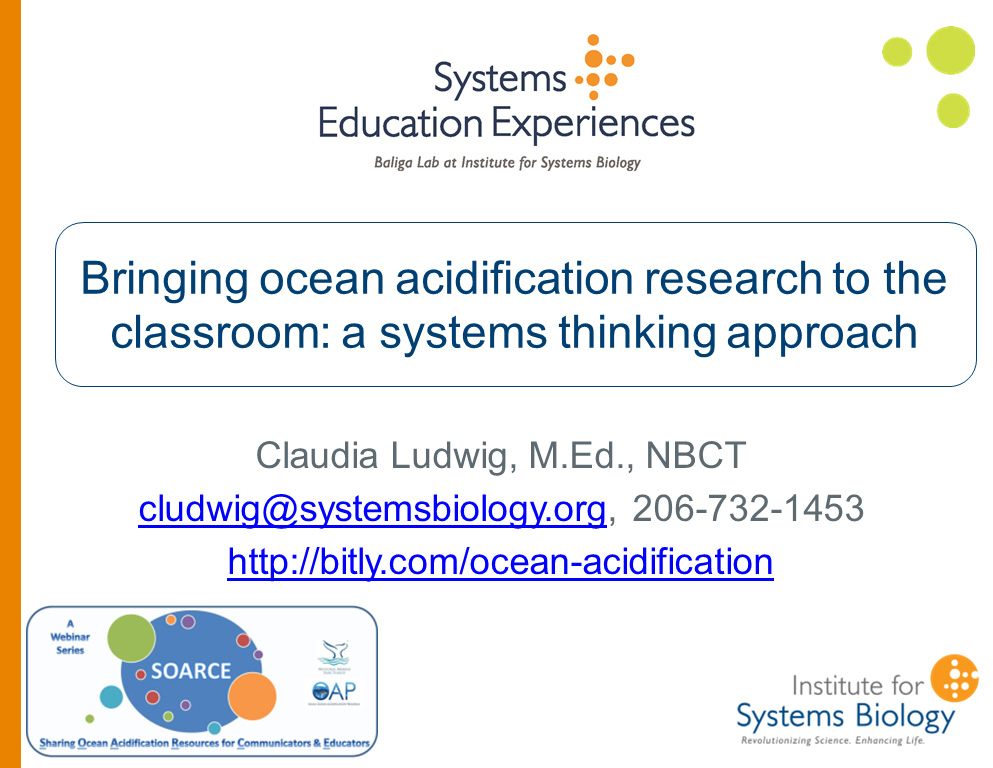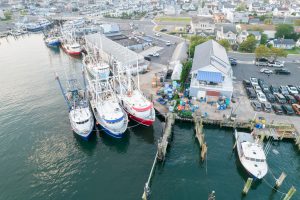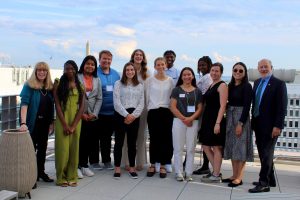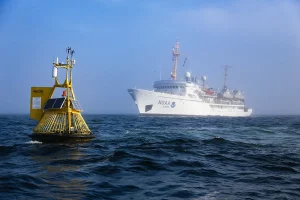SOARCE Webinar
Primary audience: Teachers, Formal Educators
Date/Time: Wednesday, April 23rd, 3pm PT (6pm EST)
Project Website: http://baliga.systemsbiology.
This work is funded by National Science Foundation OCE-0928561 (to Mónica V. Orellana and Nitin S. Baliga).
Ocean acidification is a complex phenomenon with profound consequences. Understanding complexity and the impact of ocean acidification requires systems thinking and collaboration, both in research and in education. Scientific advancement will help us better understand the problem and devise more effective solutions, but executing these solutions will require widespread public participation to mitigate this global problem. In an effort to help high school students understand today's science, we have translated current systems-level ocean acidification research into a 5 week classroom module.
We will present this curriculum and provide guidance for easy implementation in high schools. Thus far 13 different schools and over 1200 students have field tested this work – we have seen dramatic increases in engagement, and in students’ abilities to use inquiry and to challenge their mental models. The lessons are hands-on, interdisciplinary, and specifically focus on systems thinking which has been shown to enable behavioral change. In this curriculum, students take on the roles of scientists and delegates as they investigate the consequences of the changing carbon cycle on the chemistry and biology of the oceans. Students begin by critically assess different pieces of information through news articles and real-time data.
In the summer of 2004, Ludwig began working at Institute for Systems Biology (ISB). During the academic year, she taught Biology and Chemistry at International School in Bellevue, WA. She began incorporating the interdisciplinary systems thinking and research she learned at ISB into her coursework and noticed huge gains in student learning. ISB, Ludwig, and Bellevue School District continued to collaborate, and published the program’s first curriculum module, Ecological Networks. Shortly thereafter, this program extended to other local school districts resulting in the creation of a second curriculum module, Environmental Influence on Gene Networks. This active and growing program, coined Systems Education Experiences, quickly became a necessity for many teachers. In response, in 2007, Ludwig joined ISB formally to advance these vital efforts. Since that time, hundreds of teachers have received training and two new modules have been published –Observing Beyond our Senses: Inquiry Drives Technology and Ocean Acidification: A Systems Approach to a Global Problem. Currently, two new modules are in development.
In addition to managing Systems Education Experiences and establishing interdisciplinary teams, Ludwig also creates and edits content on the widely used Systems Education Experiences website. She also leads curriculum dissemination efforts and trains students and teachers around the world through courses, workshops, webinars, presentations, direct correspondence, and internships.
Ludwig graduated from Loyola University of Chicago, earning a Bachelor’s Degree in Biology and a Master’s Degree in Education with additional emphases in chemistry, curriculum and instruction. She currently serves on University of Washington’s Biotech Advisory Board. Prior to teaching in Washington State, Ludwig taught in the Chicagoland area and worked as a social worker for people with developmental disabilities.
</ br>






